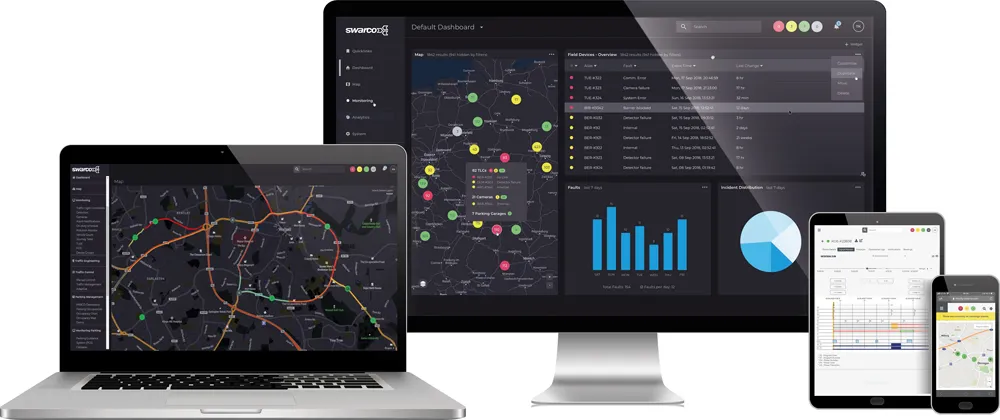The Department of Transport (DoT) in Abu Dhabi has commenced work on a US$9 million adaptive traffic control central system project, which is expected to be completed by early 2015.
The project will see the implementation of a new Scoot (Split Cycle Offset Optimisation Technique) adaptive traffic control system to improve traffic flow at the capital’s 125 main signalised junctions. Scoot, installed in more than 120 cities worldwide, is a tool for managing and controlling traffic signals in urban areas.
March 5, 2014
Read time: 2 mins
The Department of Transport (DoT) in Abu Dhabi has commenced work on a US$9 million adaptive traffic control central system project, which is expected to be completed by early 2015.
The project will see the implementation of a new Scoot (Split Cycle Offset Optimisation Technique) adaptive traffic control system to improve traffic flow at the capital’s 125 main signalised junctions. Scoot, installed in more than 120 cities worldwide, is a tool for managing and controlling traffic signals in urban areas. It is an adaptive system that responds automatically to fluctuations in traffic flow through the use of in-road detectors.
Traffic signals in Abu Dhabi currently operate on fixed time, which is not ideal for easily managing traffic congestion or other unexpected events. Scoot is able to respond quickly to variations in traffic flows by reducing delays and queue lengths at junctions, using about 20 sensors at each intersection to monitor and report the volume of traffic. The system is also able to give priority to buses or emergency vehicles, which will enhance road safety and quick response to accidents and vehicle breakdowns.
“It is simply to have the most adaptive technology to manage the traffic network in the proper way,” said Salah Al Marzouqi, director of the integrated intelligent transport systems
The centre manages monitoring of the traffic flows on the road network, operation of the central traffic control system, and offers road service support patrols to prevent any congestion.
The project will see the implementation of a new Scoot (Split Cycle Offset Optimisation Technique) adaptive traffic control system to improve traffic flow at the capital’s 125 main signalised junctions. Scoot, installed in more than 120 cities worldwide, is a tool for managing and controlling traffic signals in urban areas. It is an adaptive system that responds automatically to fluctuations in traffic flow through the use of in-road detectors.
Traffic signals in Abu Dhabi currently operate on fixed time, which is not ideal for easily managing traffic congestion or other unexpected events. Scoot is able to respond quickly to variations in traffic flows by reducing delays and queue lengths at junctions, using about 20 sensors at each intersection to monitor and report the volume of traffic. The system is also able to give priority to buses or emergency vehicles, which will enhance road safety and quick response to accidents and vehicle breakdowns.
“It is simply to have the most adaptive technology to manage the traffic network in the proper way,” said Salah Al Marzouqi, director of the integrated intelligent transport systems
The centre manages monitoring of the traffic flows on the road network, operation of the central traffic control system, and offers road service support patrols to prevent any congestion.










